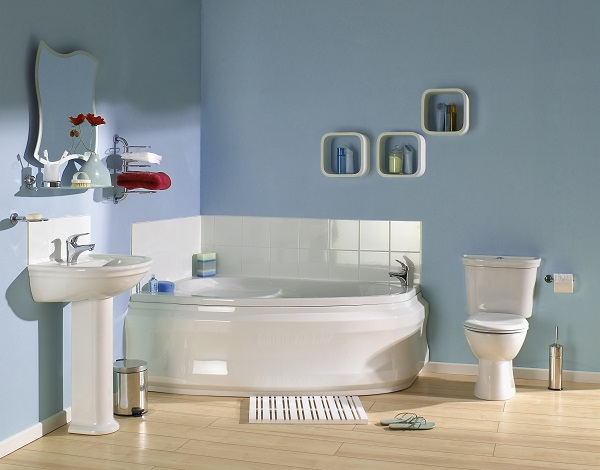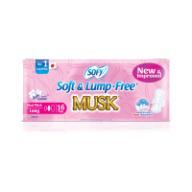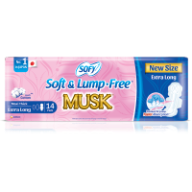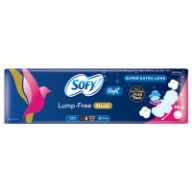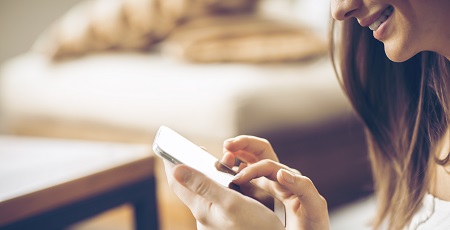Change your sanitary pads frequently
Keeping clean should be your first priority when you have your period! Change your pads frequently, even on days when you have little menstrual flow. If you neglect to change your pad, the dampness could, for example, lead to a yeast infection.
It is advisable to change your pads at least once every 3 to 4 hours.
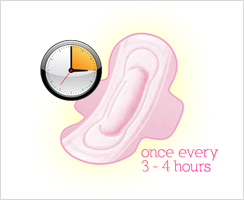
Take a hot bath
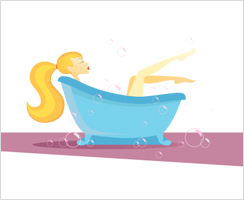
Some people believe that you should not bath in a bathtub during your period. This is not a problem if the water is clean. A hot bath actually helps to improve blood circulation and alleviates menstrual symptoms.
Exercise within limits
Light exercise and stretching helps you relax your body and improve circulation. You can work out like usual but remember, don't push yourself and have a break if you're feeling unwell. Over-exercising during your period could cause stomach aches, dizziness and general discomfort.

Keep an iron and protein rich diet
Since you are losing blood, you could be prone to anemia (a condition where the body does not have enough healthy red blood cells) during your period. However, you can replenish by eating iron and protein rich foods, like red meat, egg yolks, beans, lentils, artichokes and liver.
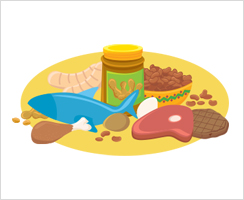
Rest well
Low levels of female hormones during menstruation might not only affect your uterus but also other various parts of your body – some girls experience nosebleeds or diarrhea as well. Although it varies for each person, symptoms tend to appear when the individual is at her most vulnerable. Your entire body's defenses are down during your period, so make sure you rest well.
Stay warm
Poor blood circulation causes pelvic congestion during menstruation. Keeping warm helps improve blood circulation, thus alleviating menstrual pains. Try and find ways to keep your stomach and lower back areas warm, like using a hot compress.


